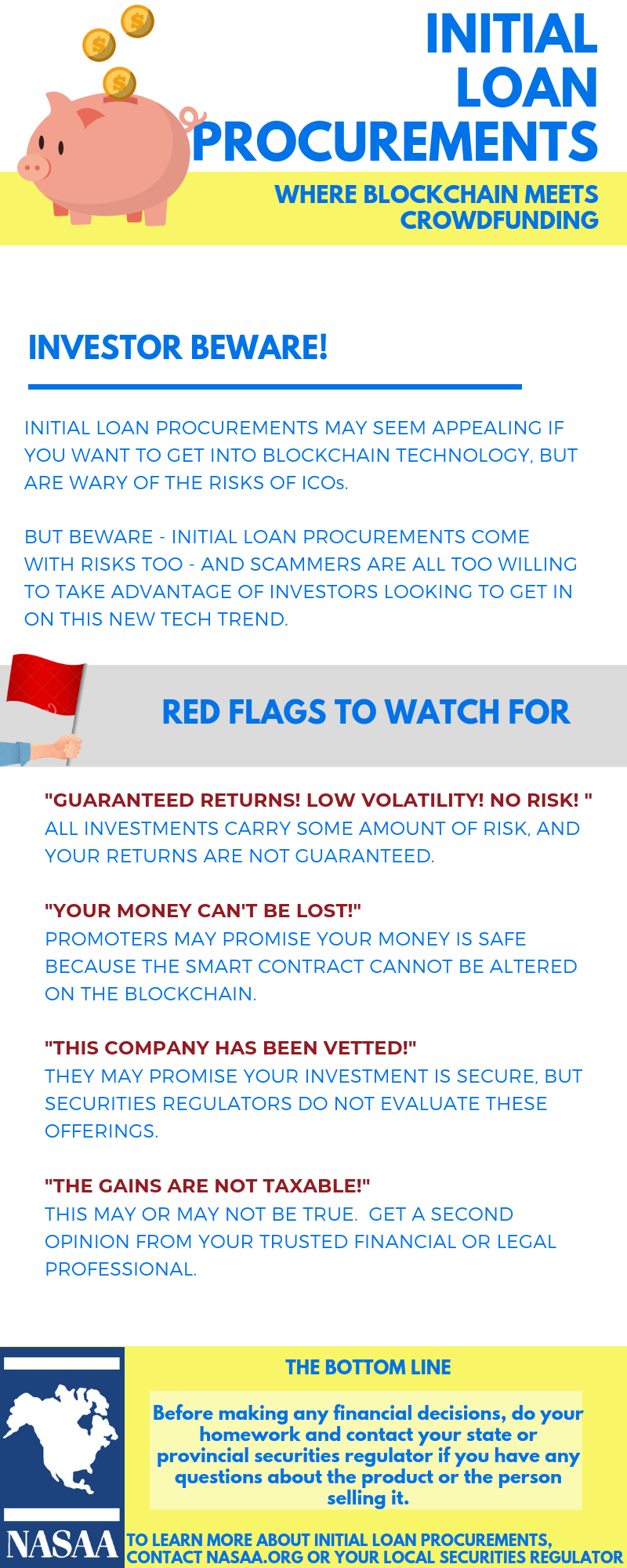
Here are three reasons why:. Get more business tips Get the latest in business straight to your email. Depending on whether the loan was secured or unsecured with collateral from the business, you may or may not be able to get your money back in a bankruptcy proceeding. If you loan money to the business, you become a creditor.
Here are the best investments in 2019:
Sinceinvesting money in the form of shares rather than loaning money to the company means that if the company folds you will have a tax advantage and will be able to set the loss against your income tax. Deciding between shares or a loan when starting a new company or putting more cash into an existing one like everything presents pros and cons, but the savvy business investor should prepare for the best outcome even in the worst circumstances, ask how can I hold on to more of my capital should the company fail? In my view, this is in the form of shares. Beforeshares offered tax advantages but inflexibility was its cmopany drawback since, once invested in co,pany, the money was tied or the investor faced the long journey through the courts to get it. Sincehowever, in order to repay share capital, companies need only pass a special resolution and send this to Companies House along with a solvency investing in new company loan signed by all the loann.
It takes a little cash to change the world.

Why invest? Investing can provide you with another source of income, help fund your retirement or even get you out of a financial jam in the future. Above all, investing helps you grow your wealth — allowing your financial goals to be met and increasing your purchasing power over time. It also means that you can combine investments to create a well-rounded and diverse — that is, safer — portfolio. Risk tolerance and time horizon each play a big role in deciding how to allocate your investments.
Sinceinvesting money in the form of shares rather than loaning money to the company means that if the company folds you will have a tax advantage and will be able to set the loss against your income tax. Deciding between shares or a loan when starting a new company or putting more cash into an existing one like everything presents pros and cons, but the savvy business investor should prepare for the best outcome even in the worst circumstances, ask how can I hold on to more of my capital should the company fail?
In my view, this is in the form of shares. Beforeshares offered tax advantages but inflexibility was its main drawback since, once invested in shares, the money was tied or the investor faced the long journey through the courts to get it.
Sincehowever, in order to repay share capital, companies need only pass a special resolution and send this to Companies House along with a solvency statement signed by all the directors. The process is fast and costs. Loan If you lend money to your company and it folds, you can claim a tax loss but only to reduce a Capital Gains Tax bill for the year you lose your money or a later one.
The financial advantage for directors in choosing shares rather than loans is that if you put your money into the company in the form of shares and the company folds, this loss can be used either against a CGT bill or to reduce your income tax liability for the year of the loss or the previous one. This loss has to be carried forward and investing in new company loan be set off only against future capital gains. What a waste of opportunity to claim losses? Shares are the way to go to hold on to more of your investment.
If your company currently owes you money, consider exchanging this for more shares, by converting the loan to share capital. That way, if the company fails and you lose some or all of your investment, at least you will be able to set the resulting loss against either income tax or CGT.
Sumit Agarwal. Is investing in share capital rather than a loan to the directors’ current account more tax efficient? Share this post. Previous Post. Next Post. Related Post Buy to let investment is it end of the world? Free Consultation. Sign up to our newsletter Tax news for contractors freelancers and small businesses.
What to consider
This language would be present in the documents and has to do with both collection policies and bankruptcy of the company. The return of principal to you isn’t taxable because you already paid the tax on it, poan the year you had the income. When starting a small businessor taking one nnew the next level of development, one thing that just about every entrepreneur needs is capital. Depending on whether the loan was secured or unsecured with investing in new company loan from the business, you may or may not be able to get your money back in a bankruptcy proceeding. The borrower’s the company’s ability to obtain loans from outside lenders. More like. As a new business owner, you will probably need to put money into your business from your personal savings. Denied for a Loan? Newtek Business Services has been in business for over thirteen years, servicing overbusines

Comments
Post a Comment